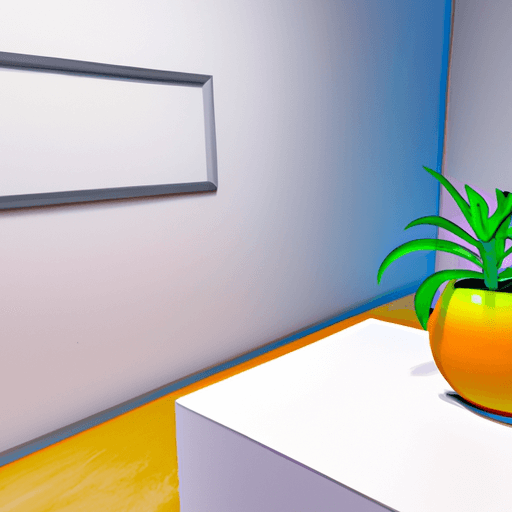The Influence of Minimalism on Contemporary Lifestyle
Over the past few years, minimalism has risen from being a mere artistic movement to a lifestyle choice embraced by millions around the globe. This approach, which emphasizes reducing excess and focusing on the essentials, has significantly reshaped several aspects of our lives, from our homes and consumption habits to mental health, environmental sustainability, and work culture.
Influence of Minimalism in Our Homes
More and more people today are choosing minimalist designs and functionality for their homes. The minimalist approach in interior design, characterized by simplicity, clean lines, and a monochromatic palette, is not just about aesthetics. It helps to create a space that is less cluttered and more efficient, thereby promoting a feeling of calm and relaxation, as evidenced by the environmental psychology study on the subject.
Minimalism and Consumption Habits
Minimalism, by promoting the idea of 'less is more,' directly influences our consumption habits. Contrary to the consumerist culture that encourages continuous buying, minimalism advocates intentional buying and reducing waste. A report from Greenpeace international confirmed that consumers are progressively leaning towards experiences over buying more stuff, supporting the concept of minimalism.
Mental Health Benefits of Minimalism
Several scientific studies, such as the one published in the Journal of Consumer Psychology, suggest that minimalist practices can help reduce stress, improve focus, and bolster happiness. By shedding unnecessary possessions, people are often able to let go of the associated anxieties and stress, fostering improved mental health.
Minimalism and Environmental Sustainability
Minimalism encourages mindful consumption, which has a positive impact on environmental sustainability. By reducing waste and discouraging overconsumption, the minimalist lifestyle can contribute to a lower carbon footprint and promote sustainable living.
Work Culture and Minimalism
Even in the workplace, minimalist principles are taking root. Many organizations are realizing the value of focusing on core goals and processes, reducing unnecessary clutter, which can lead to increased productivity and a happier work environment.
The Drawbacks of Minimalism
Despite its many benefits, minimalism isn't without criticism. Some argue that it can seem pretentious and financially impractical, and that it overlooks personal circumstances and needs, treating all excess as inherently negative. It's important to understand that minimalism should not be about deprivation, but about intentionality.
Conclusion
Ultimately, minimalism is a tool that can help people find freedom and improve various aspects of their lives. However, like any other lifestyle choice, it is not a one-size-fits-all solution and should be modified according to individual needs and circumstances.



















Comments
Leave a Comment